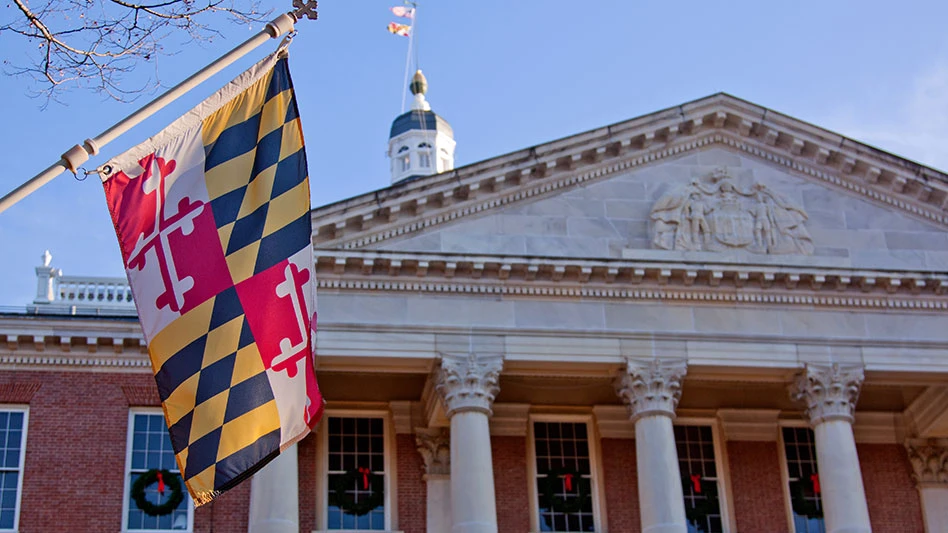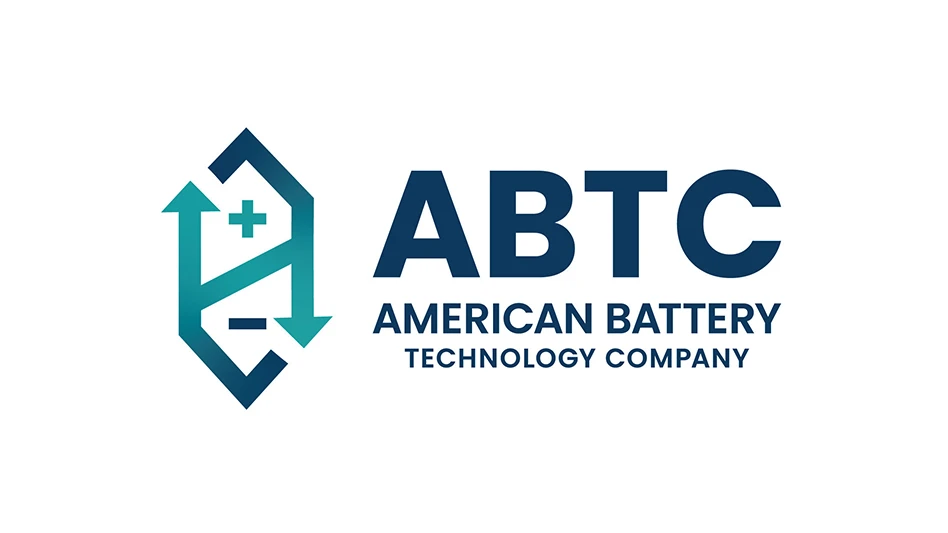
SA Recycling buys yards in Southeast
SA Recycling LLC, headquartered in Orange, California, says it has acquired the business assets of Southern Recycling LLC, including locations in Nashville, Tennessee, and in Bowling Green and Owensboro, Kentucky. Southern Recycling’s Nashville location also includes an auto shredder.
The assets were purchased from Kentucky-based Houchens Industries Inc., with the acquisition closing and becoming effective Aug. 13.
SA Recycling says it has retained the employees of Southern Recycling, “and operations will continue uninterrupted effective Monday, Aug. 16, under the name SA Recycling LLC.” The company says the purchase allows SA “to further increase its Southeast shredding and metals operations, as well as increase its scrap purchasing volumes in the area.”
In February of 2016, SA Recycling made its first entry into the Southeast scrap market when it purchased the 17 scrap processing facilities of the former Newell Recycling Southeast LLC. In November 2017, SA acquired the assets of Tennessee Valley Recycling LLC, which was based in Decatur, Alabama, and had seven locations in Alabama and Tennessee.
In 2018, SA made two more moves in the Southeast, acquiring the assets of Georgia Recyclers in Savannah, Georgia, and assuming the operations of yards in Mobile, Alabama, and Hattiesburg, Mississippi, from St. Louis-based Alter Trading Corp.
Last year, SA acquired the assets of Steel City Recycling in Birmingham, Alabama, and West Point, Mississippi. Earlier this year, SA entered the Florida market with the purchases of Capital Scrap (Pompano Beach, Stuart and West Palm Beach, Florida); Metals USA (Lauderhill, Miami and Opa Locka, Florida); and Southern Scrap (Pensacola, Florida).
In total, SA Recycling says it now operates 87 scrap processing facilities in multiple regions in the United States, including 15 shredders. It has deep-water loading operations in the California ports of Long Beach and Los Angeles and in Savannah. The company is headed by CEO George Adams and is a joint venture between California-based Adams Steel and Australia-based Sims Ltd.
Houchens Industries is departing the scrap industry but remains a sizable 100-percent-employee-owned company with more than 16,000 employees. Its holdings include food stores, restaurants, pharmacies, retail optical stores and a presence in the insurance, highway and commercial construction, distribution and manufacturing sectors.

Schnitzer announces plan to acquire Columbus Recycling
Schnitzer Steel Industries Inc., headquartered in Portland, Oregon, says it entered into a definitive agreement Aug. 12 to acquire Columbus Recycling, with ferrous and nonferrous recycling operations in the Southeast.
Columbus Recycling is a provider of ferrous and nonferrous metal recycling products and services that operates eight facilities across several states in the Southeast, including Mississippi, Tennessee and Kentucky. The company’s Ashland, Kentucky, yard includes an auto shredder.
Schnitzer says the transaction is expected to close during the first quarter of the company’s 2022 fiscal year, subject to regulatory approvals.
Founded in 1956, Schnitzer says Columbus Recycling has a well-established customer-focused business that purchases and processes scrap metal from industrial manufacturers, local recycling companies and individuals, selling the recycled products to regional foundries and steel mills. Combined with Schnitzer’s nine existing facilities in Georgia, Alabama and Tennessee, the acquired operations will offer additional recycling products, services and logistics solutions to customers and suppliers across the Southeast, a region that is expected to see a significant increase in electric arc furnace steelmaking capacity in the coming years, the company says.
In the 12 months through the end of May, Columbus Recycling has delivered annual sales volumes of approximately 300,000 ferrous tons which, on a proforma basis, Schnitzer says would increase its total ferrous volumes by approximately 7 percent over the same period.
“The acquisition of Columbus Recycling will expand our platform and offerings in a robust regional market with immediate scale and meaningful synergies,” Chairman and Chief Executive Officer of Schnitzer Steel Industries Tamara Lundgren says.
She adds, “The transaction is consistent with our growth strategy to expand metals recycling operations to meet anticipated increases in steel and nonferrous metals demand driven in part by the global transition to low-carbon technologies. While a variety of solutions will be required as industries, communities and governments actively pursue carbon reduction, the increased use of recycled metals is one path that is immediately achievable.”
Schnitzer also announced the restart of production at its Cascade Steel Rolling Mills in McMinnville, Oregon.
The restart of production at Cascade Steel followed the substantial completion of replacement and repairs of property and equipment at the mill’s melt shop that had been lost or damaged by a fire May 22, Schnitzer says. Cascade has resumed operations with a full workforce several weeks ahead of schedule and is accepting orders for its full range of finished steel products based on the rolling schedule. In light of the timing of the restart and the ramp-up in operations, Schnitzer says Cascade is expected to complete a limited number of sales prior to the end of August, the close of its fiscal year.
Regarding the restart, Lundgren says, “I am proud of our team’s exceptional efforts to bring the mill back into production ahead of schedule, enabling us to support our customers with high-quality finished steel products. Cascade is powered by electricity that is more than 95 percent carbon-free. Combined with the use of recycled metal as its primary raw material, the steel made in our electric arc furnace steel mill has an exceptionally low-carbon impact as compared to the industry average.”

Li-Cycle to expand spoke network
Lithium-ion battery recycler Li-Cycle, headquartered in Toronto, says it will build its fourth commercial lithium-ion battery recycling facility in Tuscaloosa, Alabama. The site will join the company’s Kingston, Ontario, and Rochester, New York, spokes, which are operational, and its Gilbert, Arizona, spoke, which Li-Cycle says is in “advanced execution stages.”
Li-Cycle says it decided to construct its fourth spoke because the deployment of new battery mega-factories is far exceeding its initial expectations. Supporters of the project include Univar Solutions and its existing automotive customer base; the Alabama Automotive Manufacturers Association (AAMA); the state of Alabama, including the Alabama Department of Commerce; and the Tuscaloosa County Economic Development Authority.
“Our new facility in Alabama positions us well to meet the growing demand for lithium-ion battery recycling,” says Tim Johnston, co-founder and executive chairman of Li-Cycle. “Originally, we had planned on rolling out three commercial spoke facilities in North America over the next five years, with a total recycling capacity of 20,000 [metric tons] per year. However, demand for lithium-ion battery recycling has continued to outperform our forecasts, and we are now forecasting total recycling capacity of 30,000 [metric tons] per year. This facility is essential in filling a recycling gap in the southeastern United States. Like our Arizona Spoke, we expect the new facility to have the capability to process entire vehicle battery packs, without dismantling.”
The company adds that the southeastern U.S. is becoming a critical region for the lithium-ion battery supply chain as battery manufacturers and automotive original equipment manufacturers establish operations there. These facilities will generate significant quantities of battery manufacturing scrap and end-of-life batteries available for recycling, Li-Cycle says.
Univar Solutions Inc., headquartered in Downers Grove, Illinois, will be an anchor supply customer for the Alabama spoke, following Li-Cycle’s previously announced on-site partnership to provide Univar waste management solutions for electric vehicle (EV) and lithium-ion battery manufacturing.
Once completed, Li-Cycle’s Spoke 4 facility will have the capacity to recycle 5,000 metric tons of battery manufacturing scrap and end-of-life batteries annually, the company says, bringing its total North American recycling capacity to 25,000 metric tons annually.
Li-Cycle says it is developing the Tuscaloosa site, which is projected to begin operations by mid-2022 and to create roughly 30 new jobs, to accommodate a second 5,000-metric-ton processing line in the future. The black mass produced at the company’s spokes will be further processed at its hub in Rochester, where it will use a hydrometallurgical process to recycle the material.
“We have a responsibility to not only manufacture vehicles and batteries but to be good corporate citizens in the choices we make to protect our environment and the community around us,” says Michael Goebel, president and CEO, Mercedes-Benz US International Inc. (MBUSI), which is working together with Univar Solutions on end-of-life solutions for lithium-ion batteries. “We welcome the partnership between Univar Solutions and Li-Cycle and the strong commitment of our partners here in Tuscaloosa, Alabama, to push a sustainable future for mobility.”
“At Univar Solutions, we’re committed to bringing more sustainable solutions for a better world, leveraging our expertise to help our customers and suppliers make progress toward their sustainability goals,” Stephen Molica, vice president of services for Univar Solutions, says. “We are thrilled to work together with industry leaders like Li-Cycle and MBUSI to make a difference in lithium-ion battery recycling.”
Ron Davis, AAMA president, says, “Li-Cycle’s decision to locate in Alabama helps position our state on the leading edge as our industry enters the era of electric vehicle production. With its innovative technology and process, Li-Cycle is bringing a capability that will offer the auto industry a solution to what will become an issue of critical importance. I am very excited to see Li-Cycle’s groundbreaking contributions to our growing Alabama automotive industry.”
“With the popularity of electric vehicles accelerating, it’s critical that old batteries are recycled—and Li-Cycle’s technologies make that possible,” Alabama Gov. Kay Ivey says. “Li-Cycle’s selection of Tuscaloosa for its network of recycling facilities means not only jobs in Alabama but also a positive for the environment.”
Greg Canfield, secretary of the Alabama Department of Commerce, adds, “With EV production set to start in Alabama in 2022, Li-Cycle’s Tuscaloosa recycling facility will ensure that Alabama plays another important role in the life cycle of the batteries powering electric vehicles. This project addresses the battery repurposing proposition that must also be a part of the sustainability solution that EVs offer.”

Explore the October 2021 Issue
Check out more from this issue and find your next story to read.
Latest from Recycling Today
- SWACO rolls out new commercial recycling and food waste programming
- Updated: Matalco to close Canton, Ohio, plant
- Metso launches electric Anode Weighing and Casting Machine
- Circular by Shapiro releases '5 for Five' sustainability series
- Graphic Packaging set to close Ohio CRB facility
- Ameripen voices support for Maryland EPR bill
- Maryland county expands curbside recycling to include electronics
- California EPS ban will be enforced





